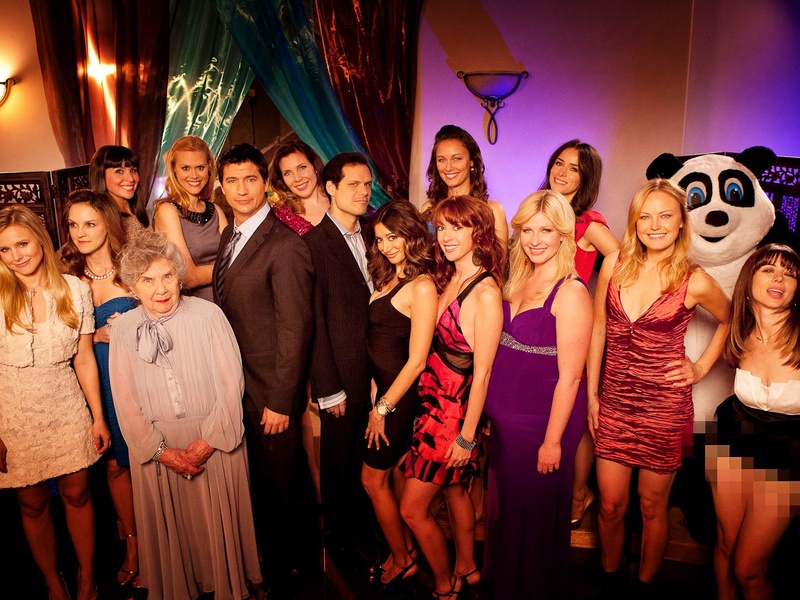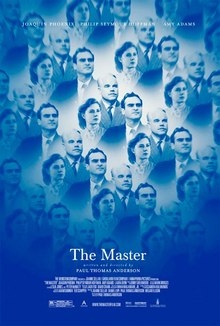 The excellent BBC series Call the Midwife is based on a trilogy of memoirs by Jennifer Worth, who worked as a midwife in 1950s England. She wrote about her time at Nonnatus House, a convent of nurse-midwife nuns who had been serving the poor and needy in the East End of London since the 1870s. The first memoir was titled Call the Midwife and detailed Jenny's foray into this poverty-stricken world that was so different from her middle-class upbringing. The sequel, Shadows of the Workhouse, continued in that vein, focusing on three remarkable stories about some of the people she encountered during that time.
The excellent BBC series Call the Midwife is based on a trilogy of memoirs by Jennifer Worth, who worked as a midwife in 1950s England. She wrote about her time at Nonnatus House, a convent of nurse-midwife nuns who had been serving the poor and needy in the East End of London since the 1870s. The first memoir was titled Call the Midwife and detailed Jenny's foray into this poverty-stricken world that was so different from her middle-class upbringing. The sequel, Shadows of the Workhouse, continued in that vein, focusing on three remarkable stories about some of the people she encountered during that time.However, the third and final book, Farewell to the East End, might be my favorite. At this point, Jenny is an established midwife, familiar with the eccentricities and conditions of the district, and the collection of stories are incredibly varied. Some are remarkably humorous, others are deeply disturbing, and others are right in the middle, bittersweet tales that encapsulate the hardships and resilience of the working class in the 1950s. After watching the second series of Call the Midwife, I was also much more attuned to the different characters at Nonnatus House, including Jenny's fellow midwives, Cynthia, Trixie, and Chummy (played by the glorious Miranda Hart), and Sisters Julienne, Evangelina, Bernadette, and Monica Joan, who are the most disparate set of nuns you could collect under one roof.
Together, these brave and hardworking women bicycled through the streets of Poplar, delivering upto one hundred babies a month, and encountering all manner of miracles and horrors. There were mothers who long for children, but quite a few who resorted to back-alley abortions because they couldn't afford another mouth to feed. A pervasive fear of hospitals meant that home deliveries were the norm, leading to many hilarious and/or precarious situations. Throughout, the midwifes did an extraordinary job, and over the course of the book, you cannot help but feel like you know them intimately and share all their little triumphs and sorrows.
Farewell to the East End provides a neat resolution to this midwife saga, and Worth sums up what happened to all of her friends, many of whom found love and careers in unexpected places. Interspersed among the personal anecdotes are essays about the social conditions and issues in healthcare that constantly impacted this dynamic area of London. What with the changing infrastructure of the East End, modern attitudes towards giving birth in hospitals, and the advent of the Pill, which lowered the birth rate to less than five births a month, the nuns were no longer needed as midwives. They continued to work for the poor, however, turning to work with drug abusers, the homeless, and later the victims of the AIDS crisis in the 80s and 90s. Nonnatus House itself was closed in 1978, but the nuns continue to do their good work.
Jennifer Worth's books, and now the TV series, are a fitting tribute to these remarkable women and their steadfast devotion to helping the needy. Their humor, common sense, and compassion resonate throughout these stories, and serve as a reminder of how far we've come and how much further we have to go.





